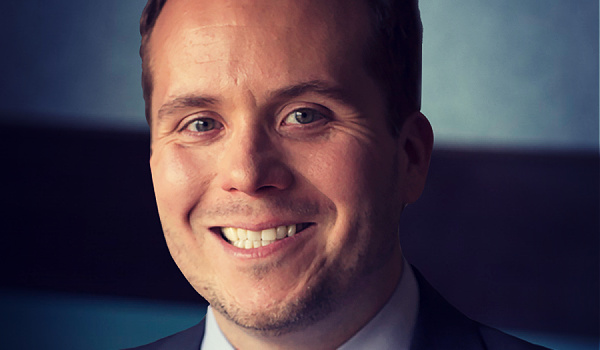By Dr. Daniel Crosby
The role of an advisor has shifted rapidly in recent years. Investors no longer approach them to “beat the market” or to perform the kind of stand-alone asset management that has quickly become commoditized in our industry. Now, our clients need our help to get them to their financial goals. The focus of wealthtech has shifted, too: solution providers pour their efforts into tools that help an advisor amplify the so-called “soft skills” that are now a primary source of their value.
But giving high-quality advice is only half the battle. How do you get clients to act on it?
You are only as good as your ability to persuade your clients to achieve their goals. In my career, I have observed six broad paths advisors can take to improve their influence.
Reciprocity. Simply put, clients return kindness for kindness. We all know about the Golden Rule: treat others the way you want to be treated. But how do you express that in your day-to-day practice? Here is a common scenario: after walking a client through a complex financial problem, they will often thank you. It is likely they would not have been able to articulate a plan to reach their money goals without your help.
Many advisors might humbly downplay their expertise, or explain away the service they have just performed. But this gives away the power of reciprocation. Instead, try saying something like, “I know you’d do the same for me if I asked,” or “That’s what long-term partners do.” Not only does this acknowledge your client’s gratitude, it reinforces your reciprocal bond with them.
Scarcity. Human beings love exclusivity. We get excited over limited time deals, or the idea that we might get something that not everyone can enjoy. Fear of missing out (FOMO) has its roots in our desire to make the most of our scarcity of time. We see consumer brands leverage our FOMO all the time. How could we use this behavioral drive to guide our clients to better outcomes?
Emphasize the opportunity cost of not acting on your advice. We get twice as upset about loss as we do about a gain… just ask anyone with a retirement portfolio that is below an all-time high. Lay out the consequences of failing to act as clearly as the benefits of making wise financial decisions in a limited time frame.
Authority. Our financial goals are dear to our hearts. Why would we entrust them to someone who isn’t an expert? Projecting authority leads advisors to new business, but it also builds long-term trust with your existing clients. But the best ways to wield authority will often change with your social context.
No one likes a braggart, but in a group setting it pays to build up the expertise of your team. People like to see authority shared and acknowledged. By communicating the bona fides of your partners, you inspire confidence in the work you all perform on a client’s behalf. In one-on-one interactions, the rules are a little different. It is all right to humbly (but accurately) let a client know why you are qualified to offer advice. Frank honesty is important in establishing your authority, too. After all, no product, service, or idea is perfect for every situation. Your clients are more likely to trust you if you can acknowledge weaknesses and risks inherent in the financial plans you build together.
These tips only scratch the surface of the science of building influence. If you found this to be useful, I encourage you to watch this on-demand webinar outlining more strategies to get clients to take your best advice.
Dr. Daniel Crosby is Chief Behavioral Officer at Orion Advisor Solutions, and a psychologist and behavioral finance expert who helps organizations understand the intersection of mind and markets. Dr. Crosby recently co-authored a New York Times Best-Selling book titled, “Personal Benchmark: Integrating Behavioral Finance and Investment Management.”







